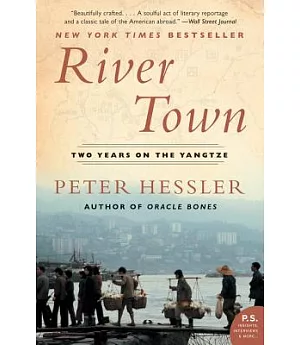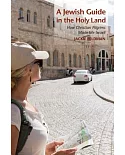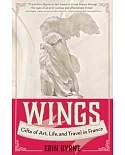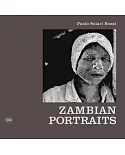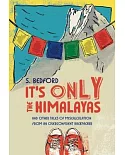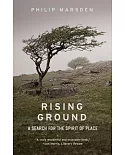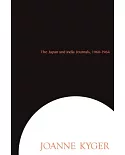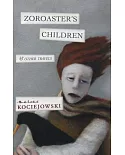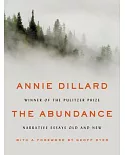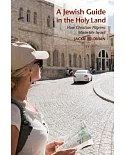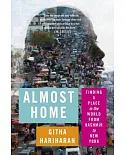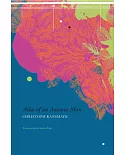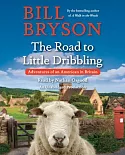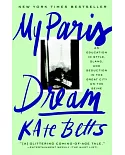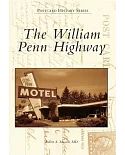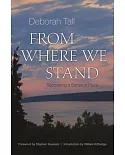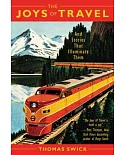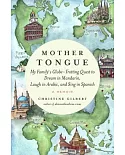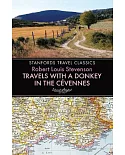涪陵這座偏遠的小城位於中國四川省的心臟地帶,隱藏在長江河谷的梯田山丘之間。和這個幅員廣大、持續發展中的國家的許多其他小城一樣,涪陵正在改換作風,邁向一條新路──一條變化萬千、生氣蓬勃的路,一條充滿張力和改革的路,一條混亂和成長的路。
當彼得.海斯勒以和平工作團志工的身分抵達涪陵,使得該城半個多世紀以來首次有美國人居住,該城處於轉折點的處境就顯得十分清楚了。海斯勒在當地一所師範專科學校教英美文學,然而他的學生也教導他涪陵的生活方式──以及一個人投入截然不同的社會時,所經歷的複雜了解過程。《消失中的江城》有尖銳、深刻的見解,有縝密的思考,充滿趣味,且十分耐人尋味。它以令人難忘的方式描繪了一個和中國一樣,正在努力了解自己的現狀及未來的城市。
彼得.海斯勒(Peter Hessler) 長期為《國家地理雜誌》、《華爾街日報》、《紐約時報》等撰稿,自1991年即定居於北京,擔任《紐約客》駐中國記者。他生長於密蘇西里州的哥倫比亞市,在普林斯頓主修英文和寫作,並取得牛津大學英國文學碩士。曾自助旅遊歐洲三十國,畢業後更從布拉格出發,由水陸兩路橫越俄國、中國到泰國,跑完半個地球,也由此開啟了他的旅遊文學寫作之路。海斯勒散見於各大雜誌的旅遊文學作品,數度獲得美國最佳旅遊寫作獎。《消失中的江城》一推出即獲得「奇里雅瑪環太平洋圖書獎」,最新旅遊文學力作《甲骨文》並入圍2006年美國「國家圖書獎」非小說類最佳作品。
Third-place winner of Barnes & Noble's 2001 Discover Great New Writers Award for Nonfiction
When Peter Hessler joined the Peace Corps, he expected to spend a couple of peaceful years teaching English in the town of Fuling along the Yangtze River. But what he experienced-the natural beauty, cultural tension, and complex process of understanding that takes place when one is thrust into a radically different society- surpassed anything he could have imagined. Hessler observes firsthand how major events like the death of Deng Xiaoping, the return of Hong Kong to the mainland, and the controversial construction of the Three Gorges Dam have sent tremors large enough to sweep through China and reach the people of Fuling. Poignant, thoughtful, and utterly compelling, River Town is an unforgettable portrait of a city caught mid-river in time, much like China itseld-a country seeking to understand both what it was and what it someday will be.
About the Author:
Peter Hessler is a graduate of Princeton and Oxford, and has written for the Wall Street Journal, New York Times, Atlantic Monthly, and other publications. Raised in Columbia, MO, he now
lives in Beijing. Synopsis
In the heart of Chia's Sichuan province lies the small city of Fuling. Surrounded by the terraced hills of the Yangtze River valley, Fuling has long been a place of continuity, far from the bustling political centers of Beijing and Shanghai. But now Fuling is heading down a new path, and gradually, along with scores of other towns in this vast and ever-evolving country, it is becoming a place of change and vitality, tension and reform, disruption and growth. As the people of Fuling hold on to the China they know, they are also opening up and struggling to adapt to a world in which their fate is uncertain.
Fuling's position at the crossroads came into remarkably sharp focus when Peter Hessler arrived as a Peace Corps volunteer in 1996, marking the first time in more than half a century that the city had an American resident. He found himself teaching English and American literature at the local college, discovering how Shakespeare and other classics look when seen through the eyes of students who have been raised in the Sichuan countryside and educated in Communist Party doctrine. His students, though, are the ones who taught him about the ways of Fuling - and about the complex process of understanding that takes place when one is immersed in a radically different society.
As he learns the language and comes to know the people, Hessler begins to see that it is indeed a unique moment for Fuling. In its past is Communist China's troubled history - the struggles of land reform, the decades of misguided economic policies, and the unthinkable damage of the Cultural Revolution - and in the future is the Three Gorges Dam, which upon completion will partly floodthe city and force the resettlement of more than a million people. Making his way in the city and traveling by boat and train throughout Sichuan province and beyond, Hessler offers vivid descriptions of the people he meets, from priests to prostitutes and peasants to professors, and gives voice to their views. This is both an intimate personal story of his life in Fuling and a colorful, beautifully written account of the surrounding landscape and its history. Imaginative, poignant, funny, and utterly compelling, River Town is an unforgettable portrait of a city that, much like China itself, is seeking to understand both what it was and what it someday will be.

